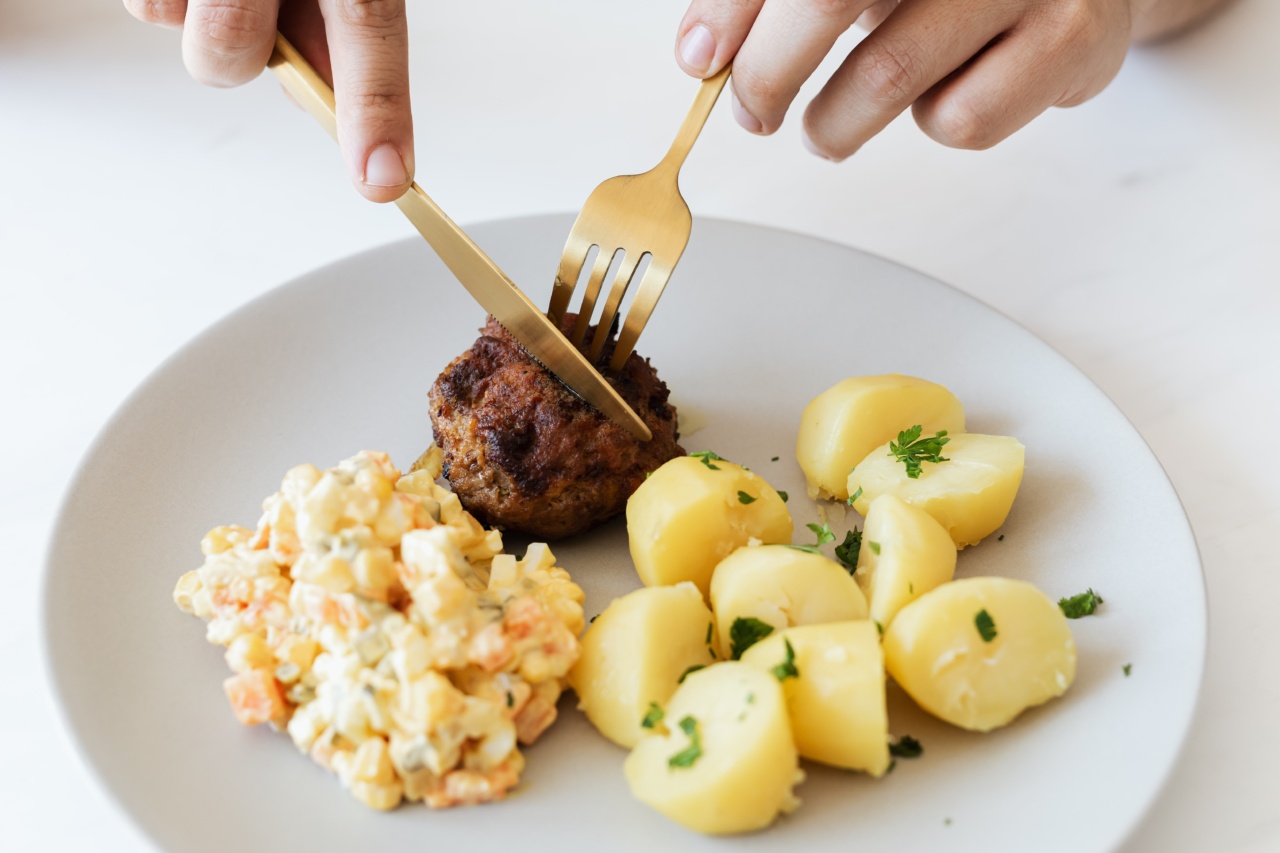When it comes to managing diabetes, diet plays a crucial role. People with diabetes often wonder if they can include potatoes, a popular and versatile vegetable, in their meals.
Potatoes have long been associated with high carbohydrate content, leading to concerns about their impact on blood sugar levels. In recent years, however, research has shed new light on this topic. This article explores the latest findings regarding whether people with diabetes can safely consume potatoes.
1. Understanding the Glycemic Index (GI)
Before delving into the specifics of potatoes, it’s important to grasp the concept of the glycemic index (GI). The GI ranks carbohydrate-containing foods based on how quickly they raise blood sugar levels.
Foods with a high GI value cause a rapid spike in blood sugar, while those with a low GI value result in a more gradual increase.
2. Potatoes and the Glycemic Index
Potatoes have traditionally been considered a high-GI food due to their starch content. However, several factors can affect the GI of potatoes, including cooking methods and preparation.
In a study published in the Journal of Food Science, researchers found that boiling potatoes, as opposed to baking or frying, resulted in a lower GI. Additionally, consuming potatoes alongside a source of protein and healthy fats can further reduce the overall glycemic response.
3. Resistant Starch and Potatoes
Resistant starch is a type of starch that resists digestion in the small intestine and behaves more like dietary fiber. This means it has a minimal impact on blood sugar levels.
Interestingly, research has discovered that when potatoes are cooked and then cooled, their starch undergoes structural changes, increasing the proportion of resistant starch. This transformation lowers the GI of potatoes and makes them a more diabetes-friendly option.
4. The Importance of Portion Control
While the GI and resistant starch content of potatoes provide valuable insights, portion control remains crucial for people with diabetes. Even foods with a low GI can cause blood sugar fluctuations if consumed in excessive amounts.
Aim to include potatoes as part of a balanced meal that includes other vegetables, lean proteins, and healthy fats.
5. Nutritional Value of Potatoes
Despite the concerns surrounding their impact on blood sugar, potatoes offer several nutritional benefits. They are an excellent source of vitamin C, potassium, and dietary fiber.
Vitamin C helps support a healthy immune system, while potassium plays a vital role in maintaining optimal heart health. Additionally, the fiber in potatoes promotes digestive health and can aid in managing blood cholesterol levels.
6. Tips for Incorporating Potatoes into a Diabetes-Friendly Diet
When including potatoes in a diabetes meal plan, consider the following tips:.
1. Choose colorful potato varieties like sweet potatoes or purple potatoes, which tend to be lower on the glycemic index.
2. Opt for cooking methods such as boiling or steaming, as these have been found to result in a lower GI compared to baking or frying.
3. Consume potatoes in moderate portions and balance them with other low-GI foods, protein, and healthy fats.
4. Include the potato skin, as it contains additional dietary fiber and nutrients.
7. Other Factors to Consider
It’s important to remember that every person with diabetes is unique and may respond differently to certain foods. Factors such as overall health, activity levels, and medication usage can impact blood sugar management.
Regular monitoring of blood sugar levels and consultation with a healthcare professional or registered dietitian is recommended to fine-tune an individual’s diabetes management plan.
8. Conclusion
The latest research suggests that people with diabetes can enjoy potatoes as part of a healthy and balanced diet.
While potatoes have long been regarded as high-GI foods, factors such as cooking methods, preparation, and the presence of resistant starch can influence their impact on blood sugar levels. Portion control, overall dietary composition, and individual factors all play a role in determining how well potatoes can fit into a diabetes meal plan.






























